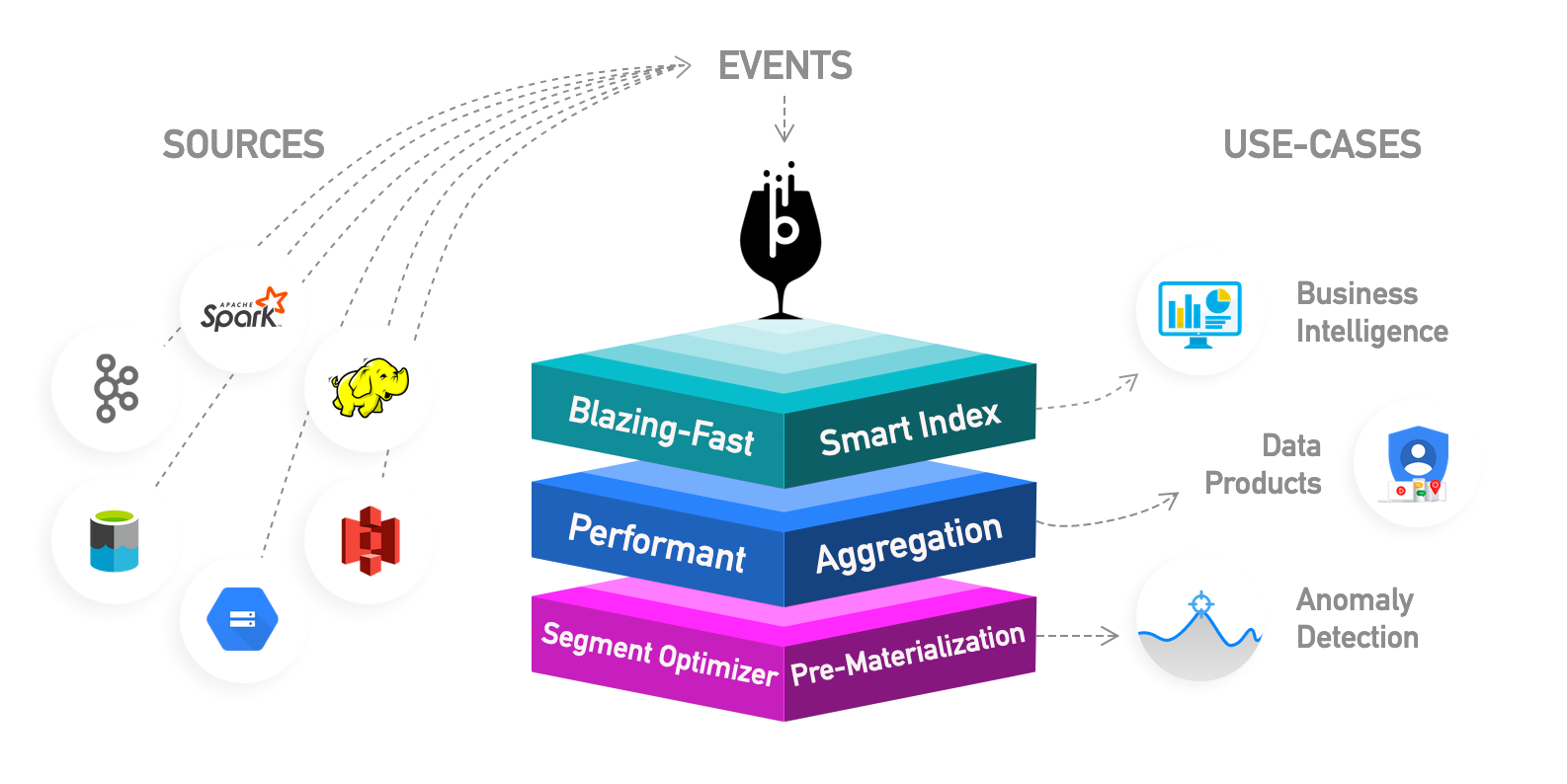
Apache Pinot, a real-time analytics open-source platform for lightning-fast insights, effortless scaling, and cost-effective data-driven decisions, has recently disclosed a serious security vulnerability (CVE-2024-39676). This flaw could allow unauthorized actors to access sensitive system information, potentially leading to data leaks and security breaches.
The vulnerability, designated CVE-2024-39676, arises from an unauthorized access issue in Apache Pinot. Specifically, when a request is made to the “/appConfigs” path on the controller, it can inadvertently expose sensitive information. This information includes:
- System Details: Operating system version, architecture, and other system specifics.
- Environment Data: Maximum heap size and other environment variables.
- Pinot Configurations: Zookeeper paths and other internal settings.
This information could be leveraged by attackers to gain a deeper understanding of a target’s infrastructure, potentially identifying further vulnerabilities or weak points to exploit. The vulnerability exists in Pinot versions 0.1 to 0.9.
The Apache Pinot team has addressed this vulnerability in version 1.0.0. The update introduces Role-Based Access Control (RBAC), enabling administrators to restrict access to sensitive endpoints and information.
All users of Apache Pinot are strongly urged to upgrade to version 1.0.0 immediately. After upgrading, administrators should configure RBAC to ensure that only authorized users can access sensitive endpoints like “/appConfigs.”
The severity of this vulnerability is categorized as “important,” meaning it could have significant consequences if exploited. Businesses and organizations relying on Pinot for real-time analytics are particularly at risk, as their sensitive data and system configurations could be exposed.
Related Posts:
- Apache HTTP Server Hit by Triple Vulnerabilities – Users Urged to Update
- Python Developers Targeted in Massive Supply Chain Attack; Over 170,000 Users Affected
- Intel didn’t disclose U.S. Government about CPU flaws until vulnerabilities went public